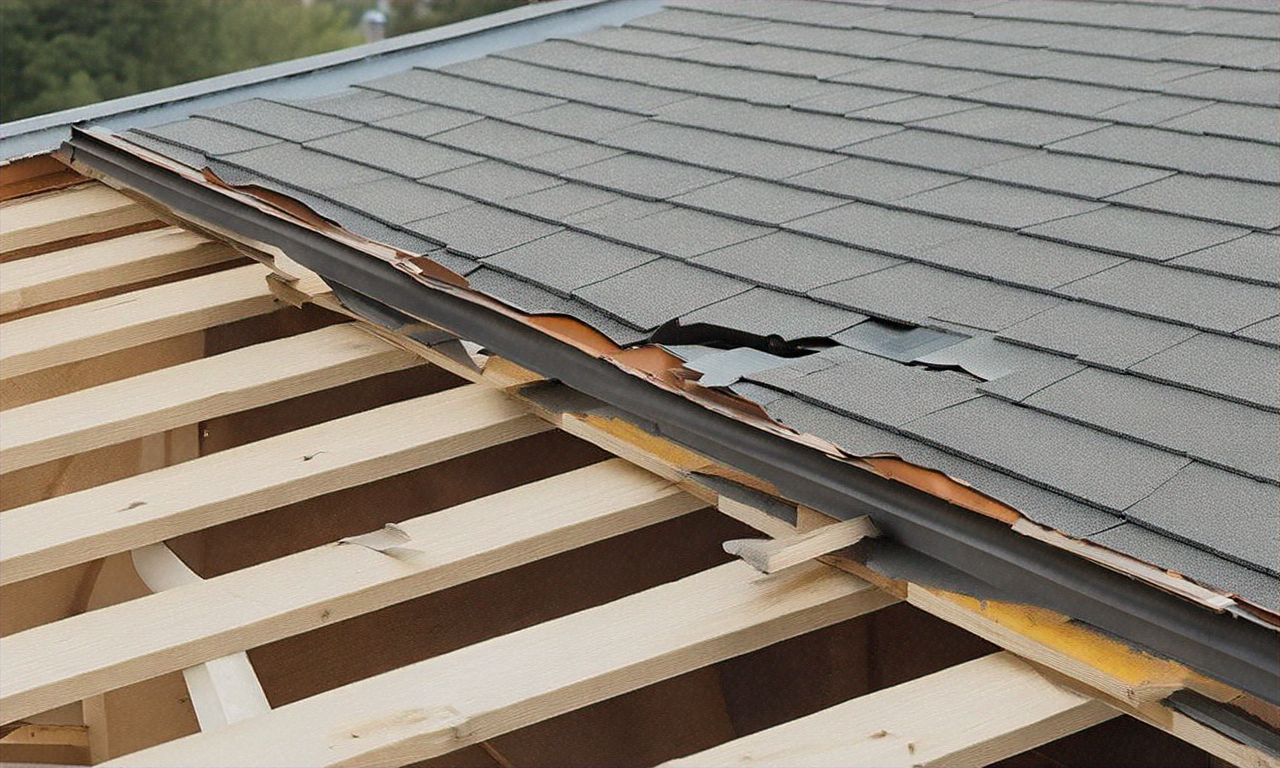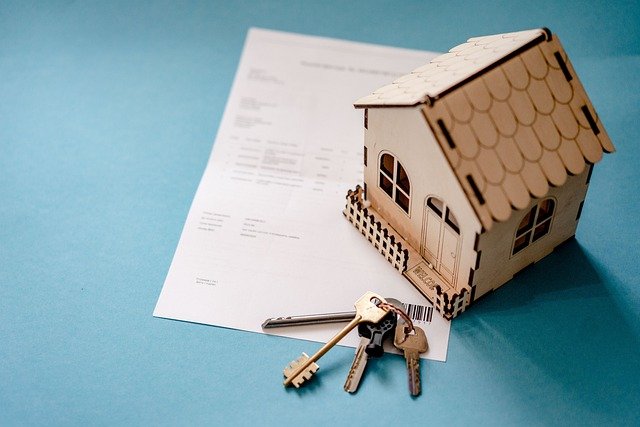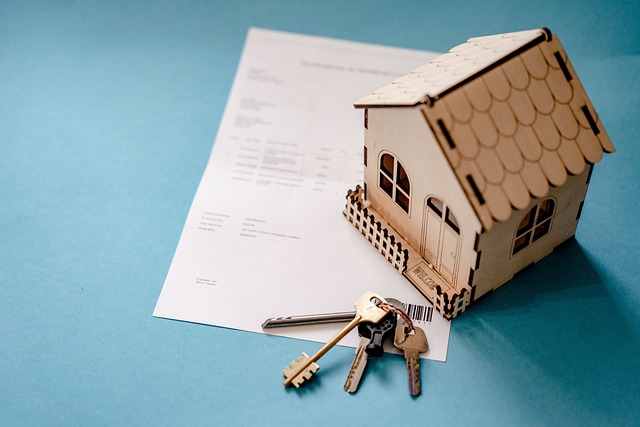Complete Guide to Professional Roofing Services
Professional roofing services encompass a wide range of solutions designed to protect and maintain one of your property's most critical components. From routine inspections and minor repairs to complete roof replacements and emergency services, qualified roofing contractors provide essential expertise to ensure your roof remains structurally sound and weather-resistant. Understanding the various types of roofing services available, their costs, and how to select the right contractor can help property owners make informed decisions about their roofing needs.

Maintaining a reliable roof requires understanding the comprehensive range of professional services available to property owners. Whether dealing with storm damage, aging materials, or routine maintenance needs, roofing contractors offer specialized solutions tailored to different situations and budgets.
What Types of Roofing Services Are Available
Roofing encompasses multiple specialized services designed to address various property needs. Installation services cover new construction projects and complete roof replacements using materials like asphalt shingles, metal roofing, tile, or slate. Repair services handle everything from minor leak fixes and shingle replacement to structural damage restoration. Maintenance programs include regular inspections, gutter cleaning, debris removal, and preventive treatments that extend roof lifespan.
Emergency services provide immediate response to storm damage, fallen trees, or sudden leaks that require urgent attention. Many contractors also offer complementary services such as gutter installation, skylight installation, ventilation system upgrades, and insulation improvements that enhance overall roof performance.
How to Find Quality Roofing Services in Your Area
Locating reliable local contractors requires research and verification of credentials. Start by checking state licensing requirements and verifying that potential contractors maintain current licenses and insurance coverage. Professional associations like the National Roofing Contractors Association provide directories of certified members who meet industry standards.
Request multiple estimates from different contractors to compare pricing, materials, and project timelines. Review online ratings, Better Business Bureau records, and ask for local references from recent customers. Quality contractors typically provide detailed written estimates, explain material options clearly, and demonstrate knowledge of local building codes and permit requirements.
Understanding Roofing Service Costs and Pricing
Roofing costs vary significantly based on project scope, materials selected, roof complexity, and regional labor rates. Minor repairs typically range from $200 to $800, while major repairs can cost $1,000 to $3,000. Complete roof replacements generally range from $8,000 to $25,000 for average-sized homes, depending on materials and local market conditions.
Factors affecting pricing include roof size measured in squares, pitch steepness, accessibility challenges, material quality, and additional features like chimneys or skylights. Geographic location significantly impacts costs, with urban areas and regions with higher living costs typically commanding premium pricing.
| Service Type | Average Cost Range | Duration | Key Considerations |
|---|---|---|---|
| Minor Repairs | $200 - $800 | 1-2 days | Weather-dependent scheduling |
| Major Repairs | $1,000 - $3,000 | 2-5 days | May require permits |
| Partial Replacement | $3,000 - $8,000 | 3-7 days | Material matching challenges |
| Complete Replacement | $8,000 - $25,000 | 5-14 days | Weather and permit delays |
| Emergency Services | $300 - $1,500 | Same day | Premium rates apply |
Prices, rates, or cost estimates mentioned in this article are based on the latest available information but may change over time. Independent research is advised before making financial decisions.
Seasonal Considerations for Roofing Projects
Timing significantly affects both service availability and pricing. Spring and fall represent peak seasons when weather conditions favor roofing work, but contractor availability may be limited and prices higher. Summer projects face challenges from extreme heat, while winter work is often restricted to emergency repairs in many climates.
Planning non-emergency projects during off-peak periods can result in better pricing and faster scheduling. However, emergency situations require immediate attention regardless of season. Many contractors offer seasonal maintenance programs that help identify potential issues before they become urgent problems.
Evaluating Roofing Materials and Options
Material selection impacts both upfront costs and long-term performance. Asphalt shingles remain the most popular choice due to affordability and versatility, typically lasting 20-30 years. Metal roofing offers superior longevity and energy efficiency but requires higher initial investment. Tile and slate provide exceptional durability but demand specialized installation expertise and structural considerations.
Discuss material options with contractors to understand how different choices affect installation complexity, maintenance requirements, and overall lifecycle costs. Consider factors like local climate conditions, architectural style compatibility, and homeowner association requirements when making material decisions.
Professional roofing services provide essential protection for property investments through expert installation, timely repairs, and preventive maintenance. Understanding service types, cost factors, and contractor selection criteria enables property owners to make informed decisions that ensure reliable roof performance for years to come.




